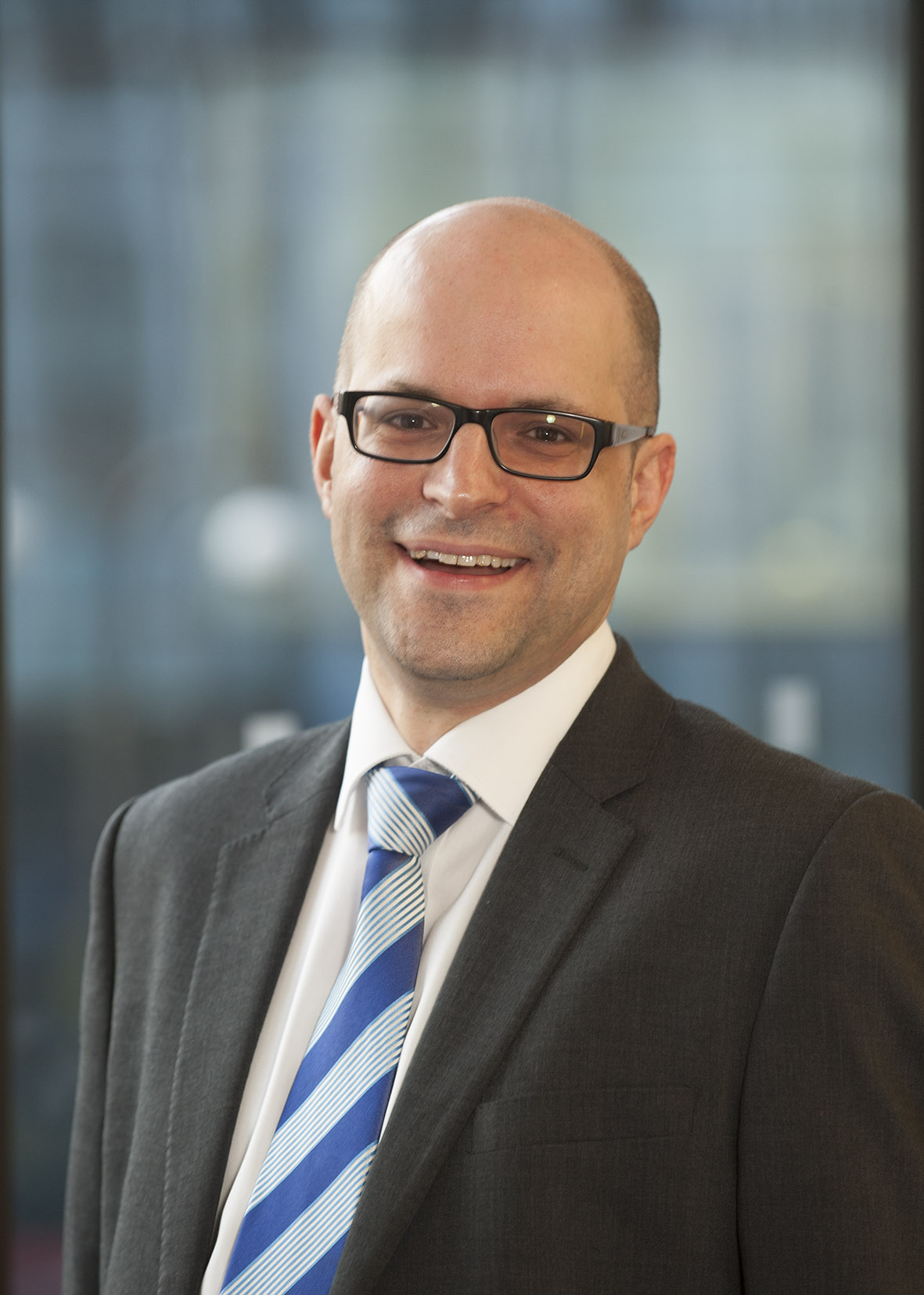Our research community wants you!
By Matthew Alexander - Posted on 16 January 2020
Director of Postgraduate Research at Strathclyde Business School, Dr Matthew Alexander wants to increase research student numbers - here, he outlines a number of scholarship opportunities available.
Strathclyde Business School is home to a vibrant and active community of postgraduate research students working across a wide range of business disciplines in our six academic departments. We are looking to increase our numbers with a set of fully funded scholarships.
All scholarships offer funding Home/EU fees (International students can apply for the scholarship but may be liable to pay the difference between a home and international fee) and an annual stipend at the RCUK rate (£15,009 in 2019/2020).
Students studying at Strathclyde Business School have access to excellent facilities, training and funding to support conference attendance.
In our Economics department we have three fascinating PhD scholarships.
The first scholarship explores the potential for local areas to gain new jobs when new high-tech businesses are attracted. Attracting new, particularly high productivity, businesses is a policy priority of the UK government and underpins the UK Government’s Industrial Strategy. This PhD aims to capture and measure the impact of this new business generation on local and regional economies in the UK. The project combines detailed microeconometric work and multi-sectoral multi-regional macroeconomic modelling to produce a strong evidence base on the magnitude of UK local employment multipliers. If you are interested in this project please contact the lead supervisor Dr Gioele Figus.
The second scholarship investigates the effect of the national living wage (NLW) on health outcomes. This project will evaluate the effects of the NLW introduction on a range of health-related outcomes and overall health inequalities and add to prior research on the effects of income assistance programs on the well-being of society. Combining highly detailed individual and macroeconomic-level data from several different data sources, this project will examine the effects of the policy change on a range of health care outcomes and contribute to political discussions about the success of the wage floor and whether it should be extended in the future. Interested applicants can contact the lead supervisor Dr Otto Lenhart.
The third Economics scholarship explores the ‘loyalty penalty’ and its impacts on consumers and policy responses. The loyalty penalty occurs in markets where consumers who purchase repeatedly from the same firm without actively engaging with the market – loyal consumers – tend to end up paying a higher price for exactly the same product or service as new consumers. Markets that exhibit this loyalty penalty include insurance, energy, broadband and telephone, to which almost all consumers in the economy are exposed. A full understanding of this practice and its consequences is of vital importance. The aim of this project is to understand the source of consumer behaviour that allows this loyalty penalty to exist, the impact it has on consumers across the distribution of consumer characteristics, and appropriate policy responses to protect the interests of consumers. The scholarship is a partnership between Strathclyde Business School and the Competition and Markets Authority and interested applicants can contact the lead supervisor Dr Alex Dickson.
In our Marketing department we have two excellent scholarships.
The first scholarship investigates the impact of disruptive technologies on supply chain innovation with a particular a focus on sustainability. Part of a wider Innovation cluster within the Department of Marketing, this PhD opportunity integrates significant threads of supply chain innovation inquiry: the importance of supply chain innovation and the influence of disruptive technologies and how organisations might leverage these technologies to support wider strategic goals of environmental and social sustainability. This PhD research will explore how technologies are being adopted and the role of open innovation as a means of gaining access to technology, knowledge and capabilities currently not available in organisations. Please contact lead supervisor Professor Beverly Wagner if you would like to find out more.
The second scholarship seeks to understand how engagement can change entrenched consumption practices around food waste and make marginal sustainable activities more mainstream. Despite increasing awareness of climate change, sustainable consumption behaviours remain a marginal activity, with only 10% of consumers acting on pro-environmental attitudes. To understand the role of societal actors in affecting institutional change around food waste, this project will use research on engagement and seeks insight into how engaged actors, operating proactively in innovation at a systemic level, can affect broader change, thus encouraging firms, and other market actors, to be more responsive to long term, complex societal challenges. The project will utilise multiple case study research and is part of a new relationship between Strathclyde Business School and the University of Adelaide. The successful candidate will have a co-supervisor in Adelaide and have the opportunity to spend 6-12 months in Australia during the studentship. Interested applicants should contact Dr Juliette Wilson for more information.
The final PhD scholarship is located in the Hunter Centre for Entrepreneurship and explores entrepreneurial ecosystems & business model innovation.
Entrepreneurial ecosystems (EE) have become a prominent concept for researchers and policy-makers for regional economic development. There is a widely held belief in practice and policy discourse – and an assumption in most research writings – that vibrant EEs are the ‘secret sauce’ to fostering entrepreneurship, and, in particular, high-growth companies (scale-ups). The success of vibrant ecosystems such as Silicon Valley is often attributed to ‘something in the air’ that leads to innovation despite recent evidence pointing towards strategic search processes as opposed to as serendipity and random encounters.
This research project aims to conceptualise ‘ecosystem knowledge’ and understand how an emergent stock of knowledge can be created, accessed, and translated into competitive advantage. This will allow for a unique way of measuring the influence and effectiveness of ecosystems through business model innovation and modularity of the constituent firms.
These issues will be addressed using an innovative research approach through the Ethno-Visio Insight (EVI) app. With the EVI app, it is possible to collect a rich dataset at the individual level in real time, from data about: geographical movements; participants' networking behaviours; their work agendas; and, their assessment of their actions and interactions. Due to the nature of this research, there will be plenty of opportunity to engage with external stakeholders, particularly in Glasgow and the newly formed Glasgow City Innovation District (GCID) as well as engaging with support programmes such as incubators and accelerators possibly beyond Glasgow. If you would like to know more you can contact one of the supervisors Dr Bernd Wurth.
Interested? You can find more information on Postgraduate Research Opportunities here and if you have any questions about studying for a PhD at Strathclyde Business School please don’t hesitate to contact our Senior Faculty Administrator for Postgraduate Research Anna Yates at sbs-pgrsupport@strath.ac.uk










